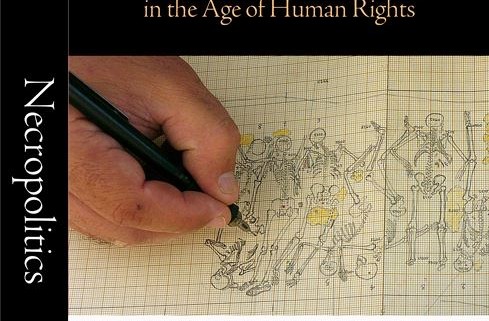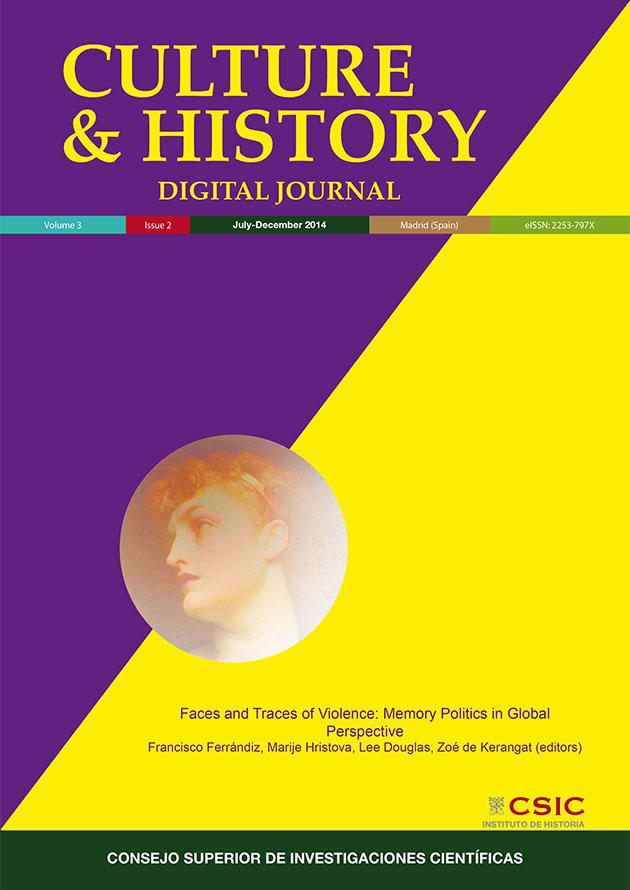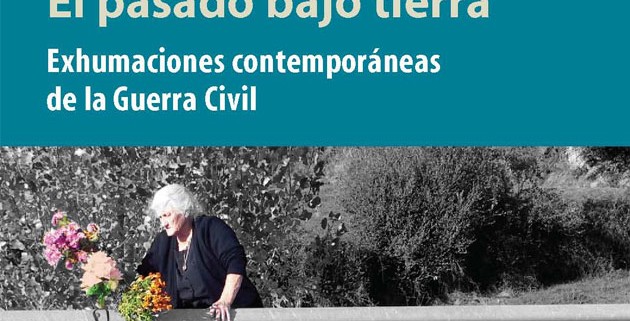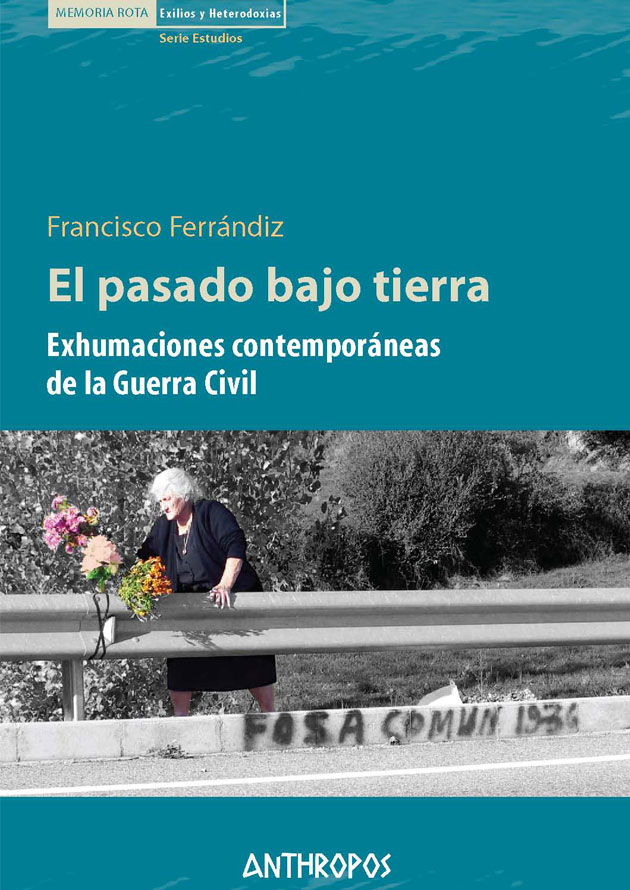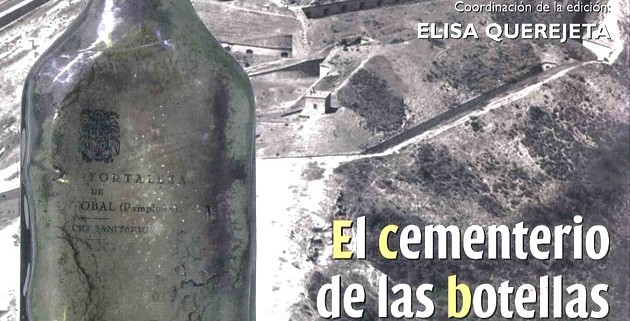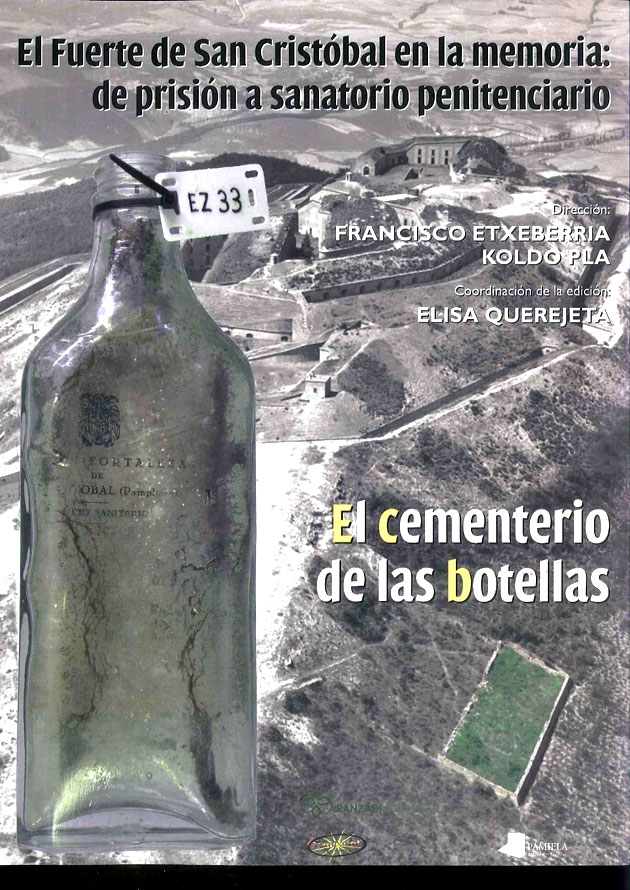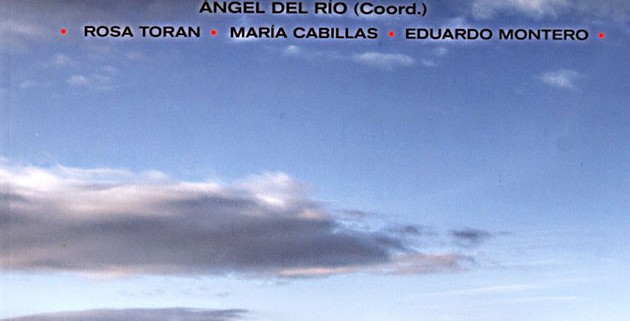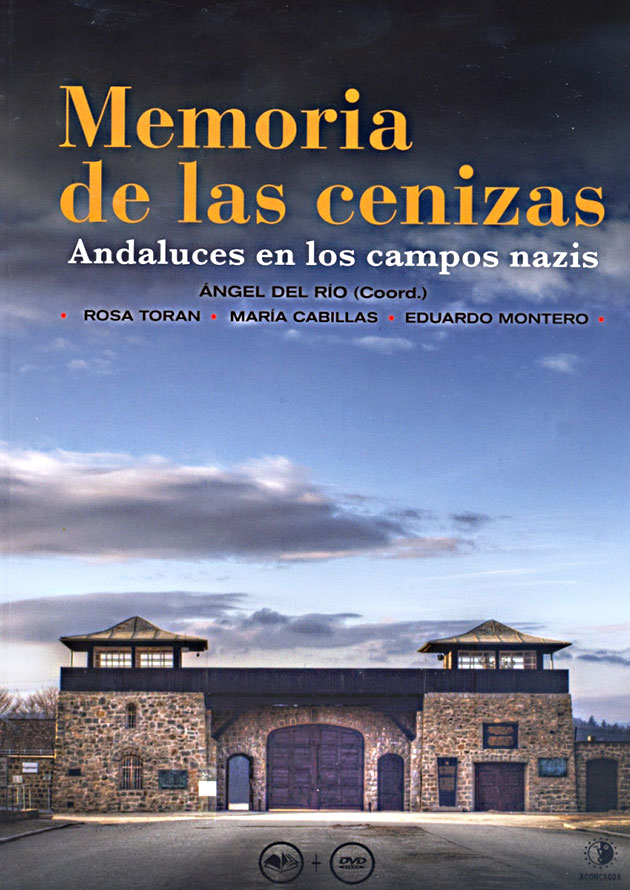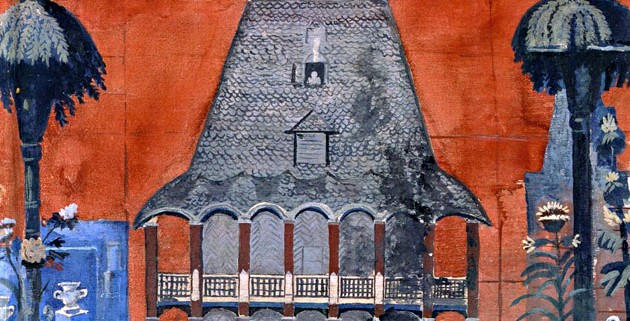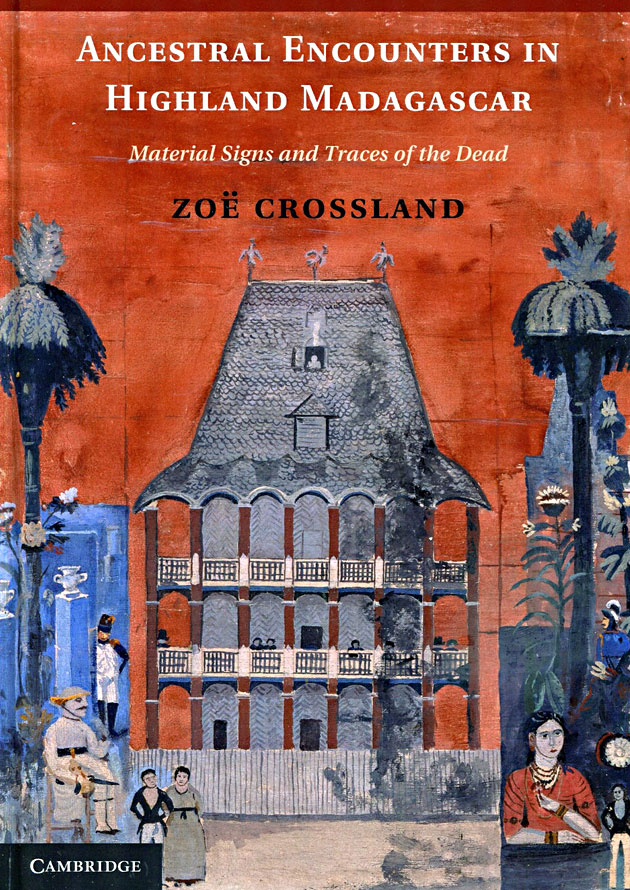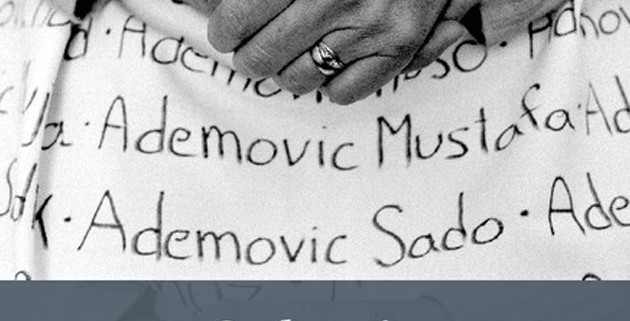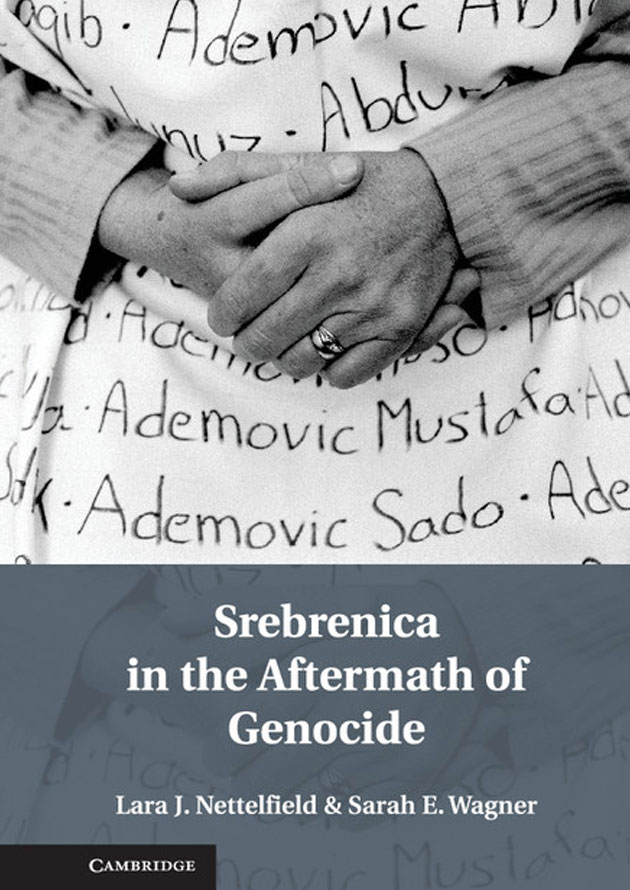Ferrándiz, F. & Robben, A. -editors- (2015): Necropolitics: Mass Graves and Exhumations in the Age of Human Rights
|
Publication date
|
Title | Author(s) | Type |
|---|---|---|---|
|
June 2015, in press
|
Necropolitics: Mass Graves and Exhumations in the Age of Human Rights | Francisco Ferrándiz & Antonius Robben – editors -. Zoë Crossland, Francisco Ferrándiz, Luis Fondebrider, Iosif Kovras, Heonik Kwon, Isaias Rojas-Perez, Antonius C. G. M. Robben, Elena Lesley Rozen, Katerina Stefatos, Francesc Torres, Sara Wagner, Richard Ashby Wilson. | Book |
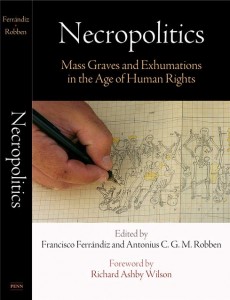 Abstract: «This excellent and timely volume . . . opens up new avenues of global comparison and investigation. As if understanding the past was not daunting in itself, the chapters in this collection provide fascinating accounts of the political and legal struggles surrounding exhumations, and these often include popular mobilizations that are both intensely local and globally connected. I know of no other volume that addresses the topic of exhumations as profoundly, and in as many disparate cases in Latin America, Africa, Europe, and Asia.»—From the Foreword by Richard Ashby Wilson.
Abstract: «This excellent and timely volume . . . opens up new avenues of global comparison and investigation. As if understanding the past was not daunting in itself, the chapters in this collection provide fascinating accounts of the political and legal struggles surrounding exhumations, and these often include popular mobilizations that are both intensely local and globally connected. I know of no other volume that addresses the topic of exhumations as profoundly, and in as many disparate cases in Latin America, Africa, Europe, and Asia.»—From the Foreword by Richard Ashby Wilson.
The unmarked mass graves left by war and acts of terror are lasting traces of violence in communities traumatized by fear, conflict, and unfinished mourning. Like silent testimonies to the wounds of history, these graves continue to inflict harm on communities and families who wish to bury or memorialize their lost kin. Changing political circumstances can reveal the location of mass graves or facilitate their exhumation, but the challenge of identifying and recovering the dead is only the beginning of a complex process that brings the rights and wishes of a bereaved society onto a transnational stage.
Necropolitics: Mass Graves and Exhumations in the Age of Human Rights examines the political and social implications of this sensitive undertaking in specific local and national contexts. International forensic methods, local-level claims, national political developments, and transnational human rights discourse converge in detailed case studies from the United States, Argentina, Chile, Peru, Spain, Bosnia-Herzegovina, Greece, Rwanda, Cambodia, and Korea. Contributors analyze the role of exhumations in transitional justice from the steps of interviewing eyewitnesses and survivors to the painstaking forensic recovery and comparison of DNA profiles. This innovative volume demonstrates that contemporary exhumations are as much a source of personal, historical, and criminal evidence as instruments of redress for victims through legal accountability and memory politics.
Editorial: University of Pennsylvania Press.

